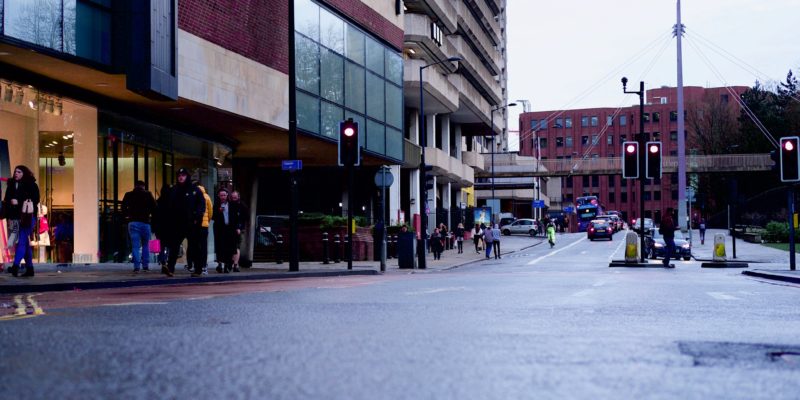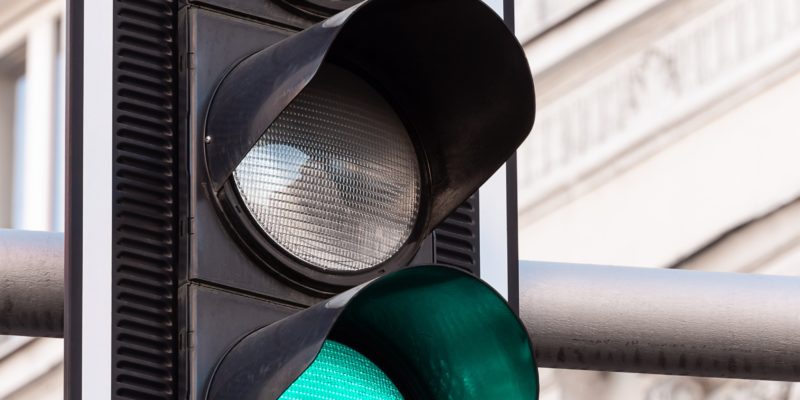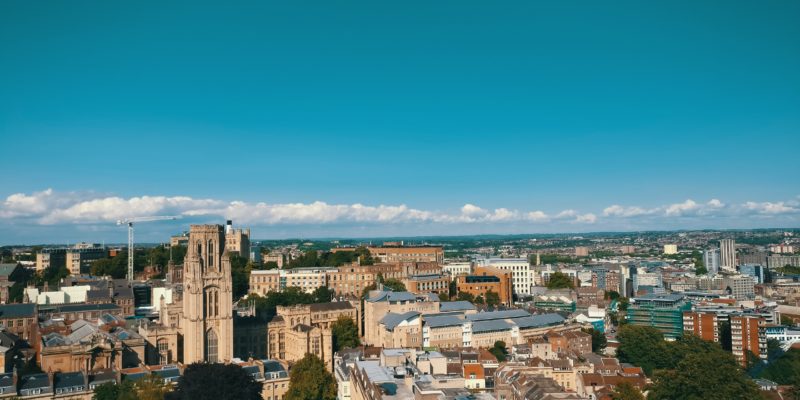BACKGROUND
Bristol city dates all the way back to 1155, and consists of dense architecture with a large proportion of medieval buildings intact, which are interspersed with a myriad of rivers and canals. The city mainly features single lane streets with few opportunities for new roads to be built, making it highly congested.
To combat the level of traffic and create a smooth road network, Bristol City Council is trying to promote the use of mass transit and public transport to optimise and help the system run as smoothly as it can.
Bristol City Council were initially providing both the equipment that went onboard the bus, as well as the receivers that went on the traffic lights across Bristol city. The operators had requested the TLP functionality be introduced, ensuring that when a bus approaches the traffic lights, if the bus is detected, priority is provided where required.
Operationally, for the council, the live bus data is sent through the normal communications pathway between the lights and the control system, allowing them to control all traffic signals simultaneously, which across Bristol city amounts to around 300 sets of lights. Their centralised intelligent system optimises and balances supply with demand to optimise journey times, which gives 12-15% more capacity to the congested road network.
OUR APPROACH
Through the GPS and real-time vehicle positioning functionality on the Ticketer ETMs onboard the bus, the location of the bus is fed into a Strategic Traffic Light Priority (STLP) platform, requesting traffic light priority via a Central Urban Traffic Management Control (UTMC) controlled by Bristol City Council. As all the buses in Bristol already had Ticketer ETMs onboard, the Ticketer TLP solution was a clear winner.
WHAT THIS MEANS FOR BRISTOL CITY COUNCIL
REDUCED FUEL CONSUMPTION
By reduced waiting times at traffic lights, Bristol is saving the bus operators valuable fuel and has helped reduce overall operational costs and optimised timetables for passengers.
Improved air quality
Bristol could see an improvement in overall air quality due to less idling at bus stops and traffic lights, and its associated air pollution.
Cost savings
Selecting a TLP solution that did not require any additional on-board equipment, Bristol City Council were able to help the operators leverage the maximum benefits from their kit, whilst reducing power, equipment and maintenance costs compared to their old system. A simpler, cleaner system which is a great budget solution for cash strapped council budgets.
A truly flexible solution
With a traffic light control solution in place that allows Bristol City Council the flexibility to tailor their approach and distribute their traffic light priorities, the shift to Ticketer TLP solution has gone a long way in ensuring a smoother and less time-consuming process.





